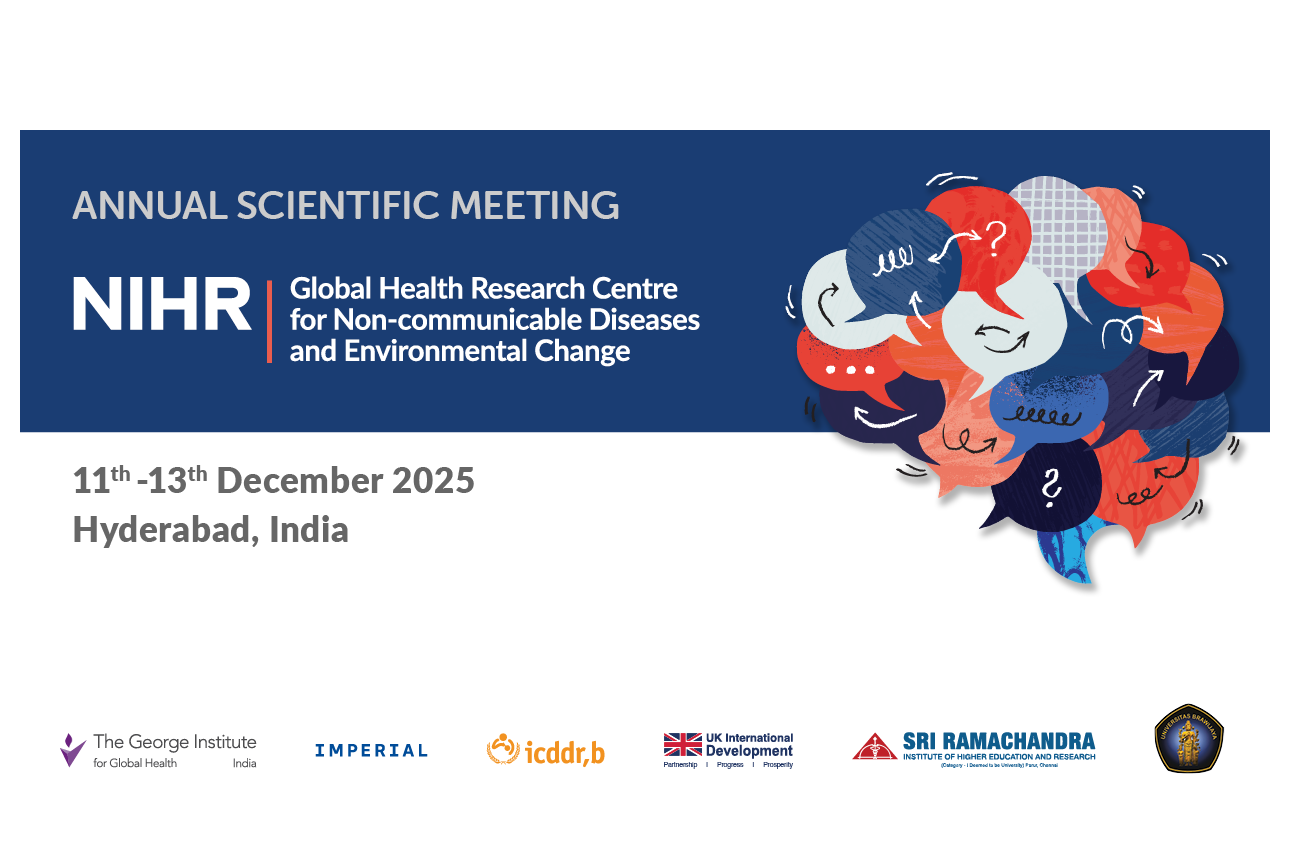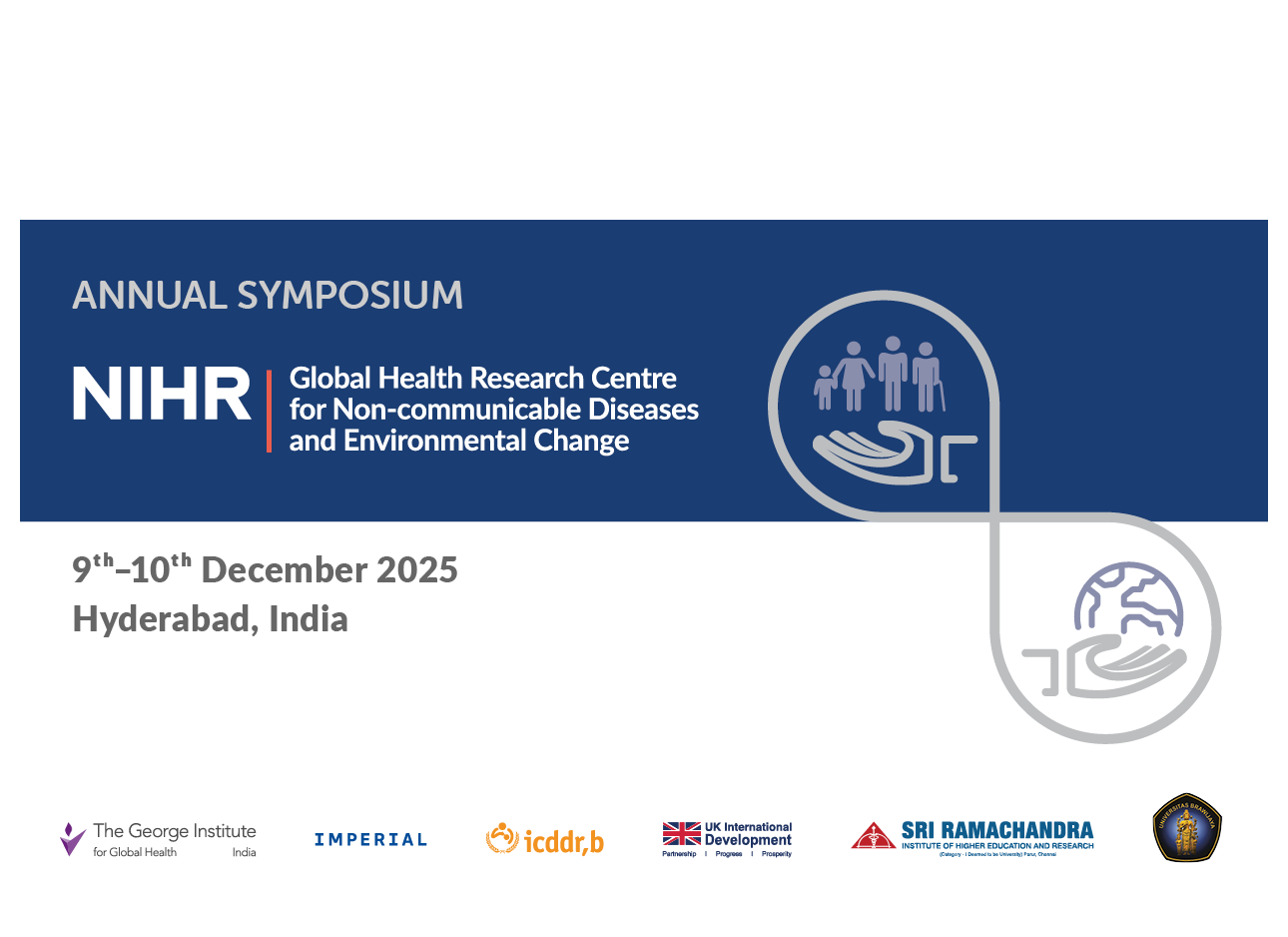Provides crucial insights and immediate actions to secure drinking water and livelihoods amidst climate change challenges
The National Institute for Health and Care Research (NIHR) Global Health Research Centre for Non-Communicable Diseases and Environmental Change, through a comprehensive study1 conducted in the coastal areas of Bangladesh, sheds light on the severe health risks posed by salinity in water bodies and groundwater.
Salinity is a widespread issue along the Asian coast, particularly in reclaimed lands where most of the population resides. Drinking water ponds in these areas, often crucial for the local population, become unfit due to increased salinity. Consuming excessive amounts of saline water can lead to cardiovascular problems, including prevalent hypertension, with implications for pregnant women such as pre-eclampsia. Additionally, soil salinity renders certain land patches unsuitable for cultivation, compounding the challenges faced by coastal communities.
The interdisciplinary study, published in Nature, underscores how tropical cyclones contribute to the salinization of surface water bodies, such as ponds, and exacerbate groundwater salinity along the coasts of Bangladesh. It explores the intricate relationship between pond and groundwater salinities and examines the impact of climate change on cyclone frequency, further escalating water salinity.
A team of researchers comprising of Dr Adrian Butler from Imperial College London, Dr Chi-San Tsai from the University of Tokyo, Dr Mohammad Hoque from the University of Portsmouth, Dr Matin Ahmed from Dhaka University, and Dr Paolo Vineis from Imperial College’s MRC Centre for Environment and Health, utilized a numerical model to simulate various storm surge and pond cleanup scenarios. They propose potential solutions to safeguard the environment and the well-being of communities.
The findings emphasize the importance of immediate pond repair following a storm surge to prevent long-term salinity increases. Rapid post-storm activities, such as pumping off saline water to minimize salt buildup in sediment, can mitigate the detrimental health effects of salty drinking water while delayed action exacerbates the situation for months, if not years.
The researchers highlight the crucial role of embankments in reducing groundwater and surface water salinity. Strong embankments that effectively protect surrounding land areas from overflowing water can significantly decrease groundwater salinisation. They propose the need for developing contingency measures, especially for fast pond restoration after floods, to ensure safe drinking water availability for coastal populations in Bangladesh.
“Our study uncovers the relationship between tropical cyclones and rising salinity in Bangladesh’s water bodies. Immediate post-storm actions, such as pumping off saline water, emerge as crucial steps to safeguard not just ponds but the health and livelihoods of coastal communities. Timely interventions can be a lifeline in the face of escalating climate challenges.” said Dr Adrian Butler, Lead Researcher from Imperial College London
“Living in the coastal heartlands, we witness firsthand the impact of salinity on our drinking water and agriculture. This study is a beacon of hope, offering practical solutions rooted in our local realities. Fast pond restoration after storms and the role of embankments present tangible steps towards a resilient future for our communities.” said Dr Matin Ahmed from Dhaka University
The study has broader implications for coastal land use and water resource management in tropical deltas, emphasizing the urgency of addressing salinity challenges in the face of climate change.
“The urgency arises not only from the current predicament but also from the anticipated future scenarios. Climate change projections indicate a heightened frequency and intensity of extreme weather events, further exacerbating salinity issues in these delicate ecosystems. Without proactive and informed interventions, the livelihoods of coastal populations and the ecological balance of these regions could face irreparable damage.” said Dr Mohammad Hoque from the University of Portsmouth
This research was funded by the NIHR (Global Health Research Centre for Non-communicable Diseases and Environmental Change) using UK international development funding from the UK Government to support global health research. The views expressed in this publication are those of the author(s) and not necessarily those of the NIHR or the UK government.






